Kaitlin Ugolik Phillips joins us to talk about how we should think about using social media – and about the pluses and minuses of substituting in-person connections for virtual ones.
Read more


Kaitlin Ugolik Phillips joins us to talk about how we should think about using social media – and about the pluses and minuses of substituting in-person connections for virtual ones.
Read more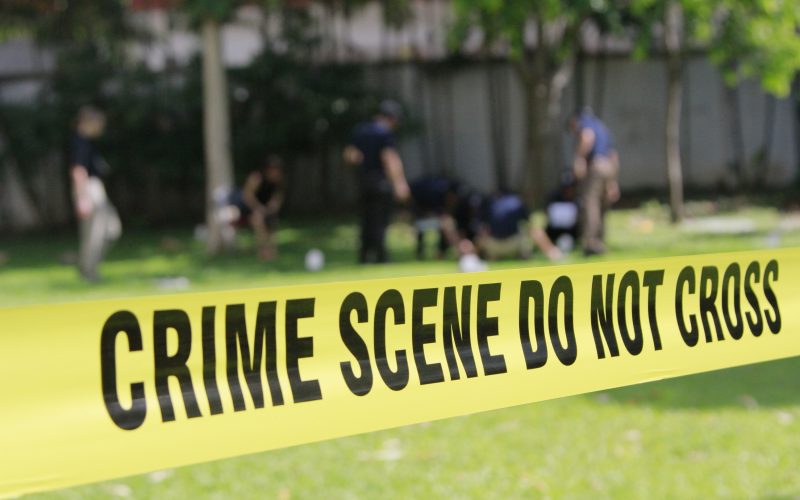
UT-Austin journalism teacher Kate Winkler Dawson joins us to talk about an early criminologist who developed the forensic science we still use today: blood splatter evidence and fingerprinting, among other techniques.
Read more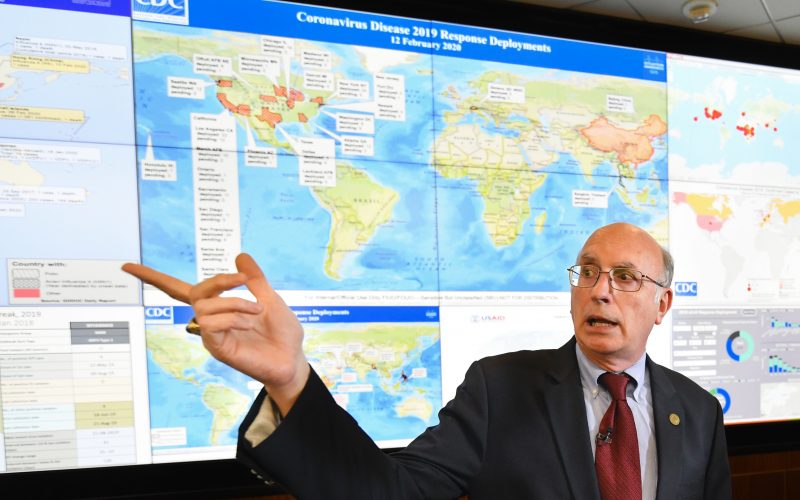
Frank M. Snowden, the Andrew Downey Orrick Professor Emeritus of History and History of Medicine at Yale University, joins us to talk about how infectious outbreaks — both terrifying and romanticized — have shaped our world.
Read more
Gabriel Brownstein joins host Krys Boyd to talk about his complicated relationship with his own heart.
Read more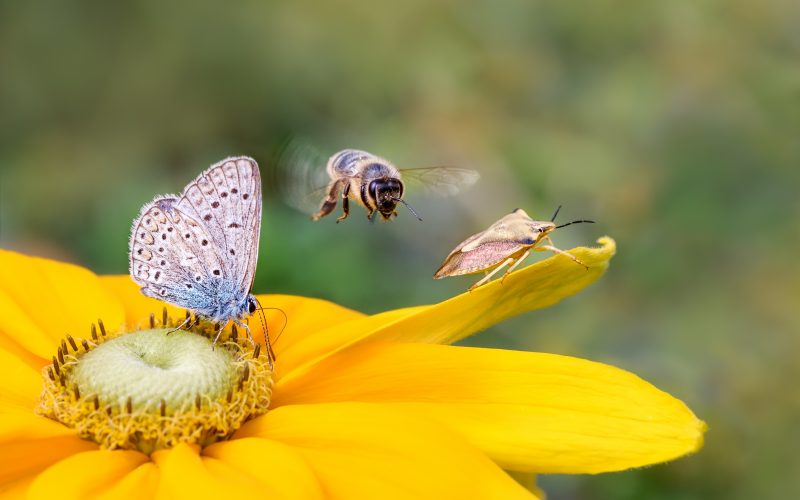
John Hainze, an entomologist and ethicist with Seattle University Center for Environmental Justice and Sustainability, joins us to talk about his evolution from pesticide designer to insect advocate.
Read more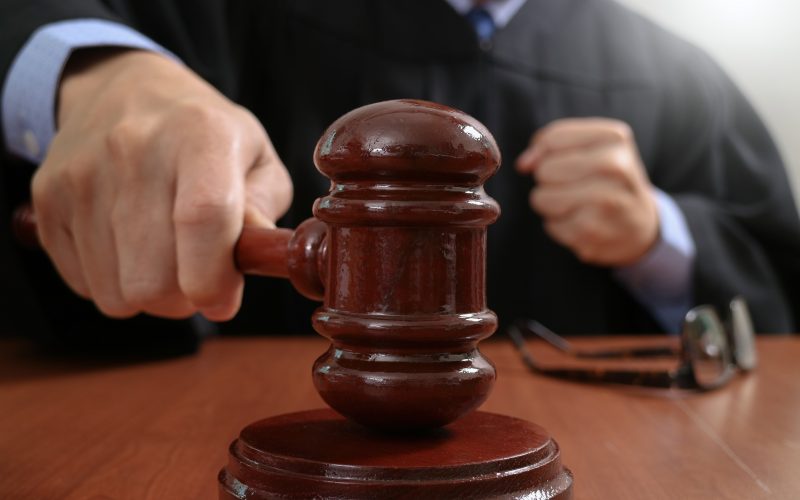
Reporter Peter Andrey Smith joins us to talk about the standards by which courts decide what scientific evidence is admissible.
Read more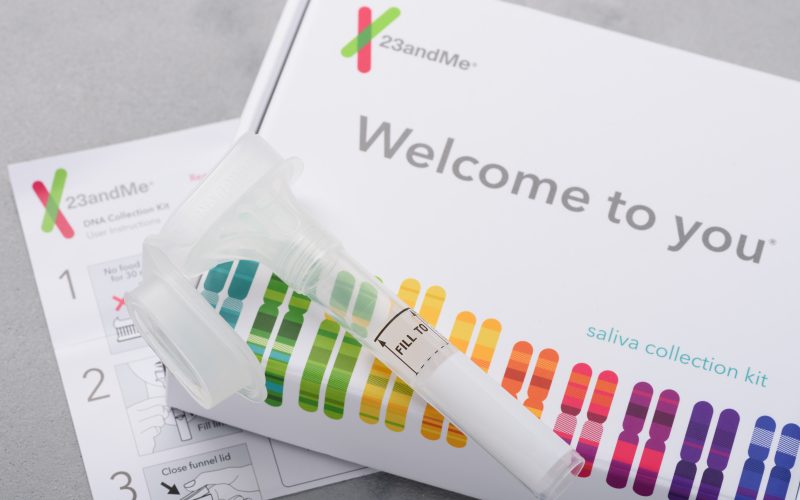
Journalist Libby Copeland joins us to talk about the pluses and minuses of opening a door into who is really related to whom.
Read more
Journalist Wil S. Hylton joins us to talk about the dangerous and unregulated push to pull resources from the depths of the Earth.
Read more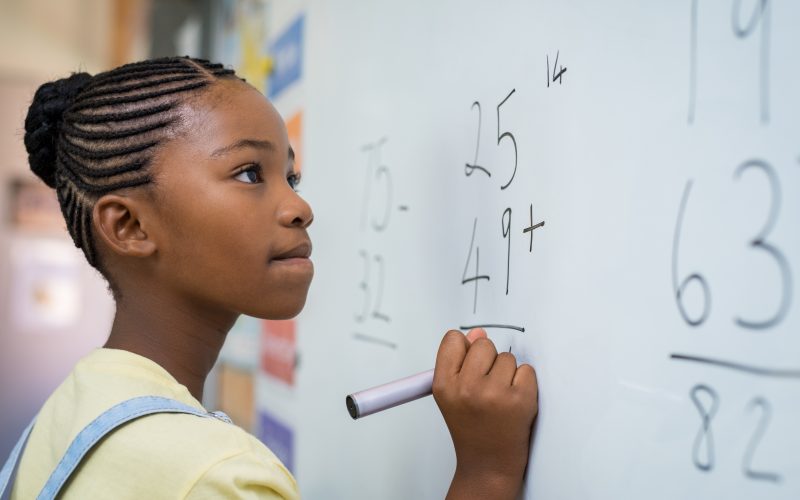
Matt Parker, host of Science Channel’s “Outrageous Acts of Science,” joins us to talk about the everyday math constantly happening all around us.
Read more
Samuel Woolley, program director for computational propaganda research at the Center for Media Engagement at the University of Texas at Austin, joins us to talk about the future of destructive tech and ways to combat it.
Read more
Genna Reed, lead science and policy analyst in the Center for Science and Democracy at the Union of Concerned Scientists, joins us to talk about a new report that details how federal government policies are backsliding when it comes to child well-being.
Read more
Data scientist Alexander Boxer talks about the ancient applied mathematics of astrology conceived by some of history’s most brilliant minds.
Read more